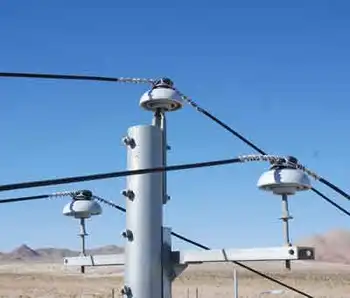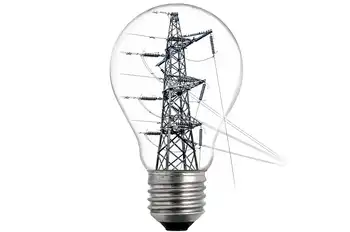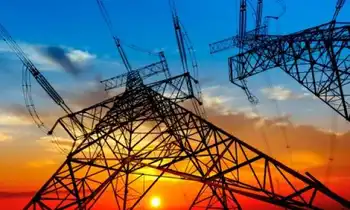NAFTA partners eye continental carbon scheme
- The United States has agreed to work with Canada and Mexico to develop a North American carbon market that would allow Canadian emitters to meet some portion of their targets through purchasing credits in the vast NAFTA marketplace.
The agreement by leaders from the three countries could help keep down compliance costs for Canadian emitters, while expanding the market for renewable energy companies and others that create carbon credits with projects in Canada. "This is the first time the three North American leaders have been together and have started to flesh out the elements of a continental approach to this," Environment Minister Jim Prentice said in a telephone interview.
A declaration signed by Prime Minister Stephen Harper, U.S. President Barack Obama and Mexican President Felipe Calderon in Guadalajara committed the three governments to work together on climate-change issues, including co-operating on the construction of their emissions-trading systems.
Both Canada and the United States are vowing to implement national caps that would force industries to either cut emissions or purchase allowances. Both governments have indicated they will allow companies to meet some portion of their regulated limits through the purchase of "offset" credits, which are generated by renewable energy plants, reforestation projects, and environmentally friendly agricultural practices.
Access to the larger marketplace would not only provide big oil companies and coal-fired utilities access to a deeper pool of emission credits, but also help developers of offset projects to obtain financing, said Andrei Marcu, an emissions-trading adviser with Calgary-based Bennett Jones LLP.
While Canada has long argued for a continental approach to the regulation of greenhouse gas emissions, there has been little indication that the U.S. would harmonize its system with its partners in the North American free-trade agreement. And environmentalists have argued that, to be consistent with the U.S., Ottawa must drop its plan for "intensity targets," which allow for dramatic expansion of emissions from the oil sands so long as companies can cut the amount of carbon dioxide released per barrel of oil.
Elisabeth DeMarco, a Toronto-based lawyer with Macleod Dixon LLP, said Canada will have to conform to U.S. standards if it wants to link emissions trading systems, but added the Guadalajara declaration marks a welcoming shift.
"This is the first U.S. signal that it is considering co-operation and linking," she said, noting the Canadian government had been hoping for such signs when Mr. Harper first met Mr. Obama in February, but didn't get the response it hoped for.
Despite the promise of co-operation, Canada is still vulnerable to protectionist measures in the U.S. climate-change bill that has passed the House of Representatives and is being debated in the Senate, Ms. DeMarco said.
Mr. Prentice said he expects the two countries to develop their own systems for overall emissions trading, and would initially recognize one another's offset credits, which could be sold across the border.
The Environment Minister expects to release a new version of the government's climate-change plan this fall, one that he says will be comparable to the U.S. effort.
There is still considerable debate within the United States regarding the degree to which companies will be able to use foreign offset allowances to meet emissions regulations, said William Walsh, a Washington-based partner in Pepper Hamilton LLP.
The advantage of an international marketplace — particularly one that includes lower-cost jurisdictions such as Mexico — is that it can be less expensive to construct renewable energy projects outside the United States.
"Companies can lower their compliance costs by building a project in Mexico," he said.
Environmental and renewable energy groups are pushing to limit the amount of foreign offsets that can be used in the U.S., arguing the investments must be made at home to transform the country into a low-carbon economy.
Related News

Biden Imposes Higher Tariffs on Chinese Electric Cars and Solar Cells
WASHINGTON - In a significant move aimed at bolstering domestic industries and addressing trade imbalances, the Biden administration has announced higher tariffs on Chinese-made electric cars and solar cells. This decision marks a strategic shift in U.S. trade policy, reflecting concerns over competition, intellectual property rights, and national security implications.
Tariffs on Electric Cars
The imposition of tariffs on Chinese electric cars comes amidst growing competition in the global electric vehicle (EV) market. U.S. automakers and policymakers have raised concerns about unfair trade practices, subsidies, and market access barriers faced by American EV manufacturers in China. The tariffs aim to…




